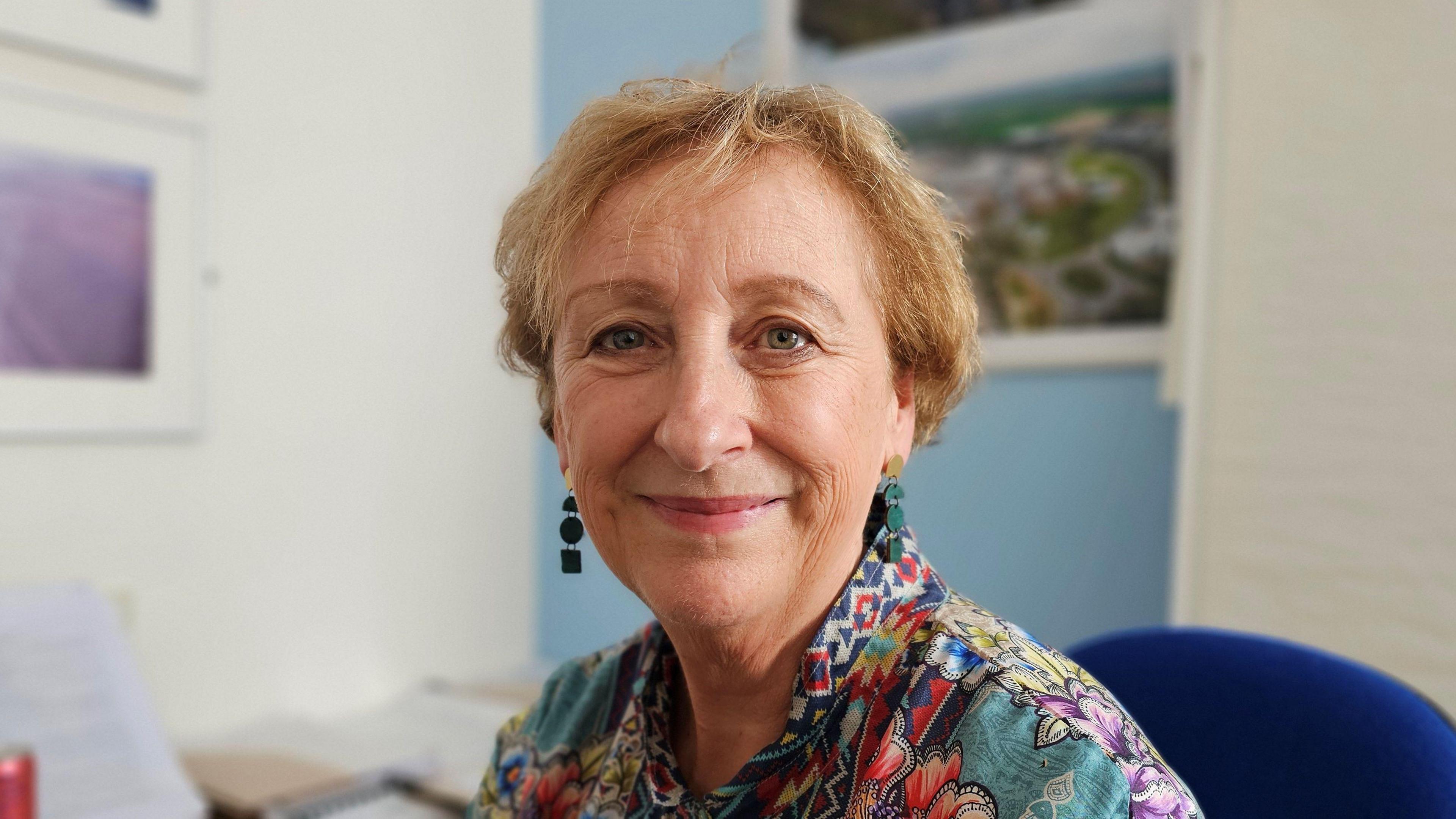Cash-strapped hospital blocks staff pen purchases
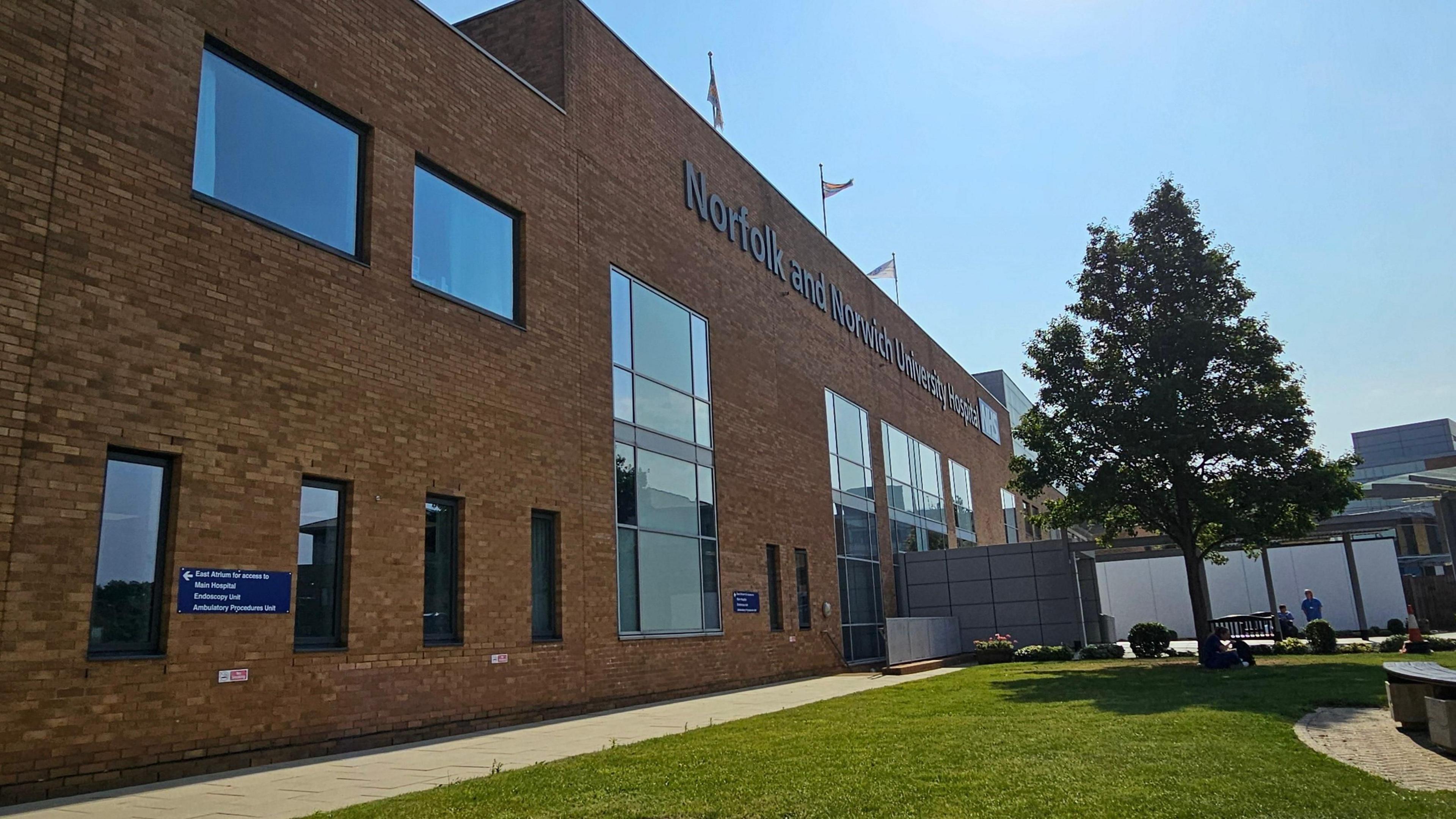
Norfolk's largest hospital is looking to balance its books
- Published
A hospital has imposed measures to cut spending, including banning staff from easily ordering some items, including pens.
Norfolk and Norwich University Hospital (NNUH) has an £11m hole in its finances, leading it to impose new controls on such purchases as non-essential furniture, off-site room hire and stationery.
Chief executive Prof Lesley Dwyer said she was sure people would "understand we have a duty to ensure we are using our resources responsibly".
Unison Eastern regional organiser Peter Passingham said: "Blocking staff buying pens highlights just how tight finances now are in the NHS."
The hospital said the changes, which came into effect last month, were part of a range of cash-saving measures, which included stronger controls on recruiting staff.
In December, it said all vacancies would be judged on a case-by-case basis until March.
In a message seen by the BBC, the hospital revealed all "non-essential" stationery items, such as pens, folders, clipboards, notebooks and calendars, were being removed from an order catalogue.
Staff have been told to reuse and share items, and that all future stationery orders should be made to the hospital's authorised supplier.
Controls have been introduced on items including non-mandatory books, journals and subscriptions; charged-for conferences and courses; non-essential furniture and fittings; some computer hardware and off-site room hire and refreshments.
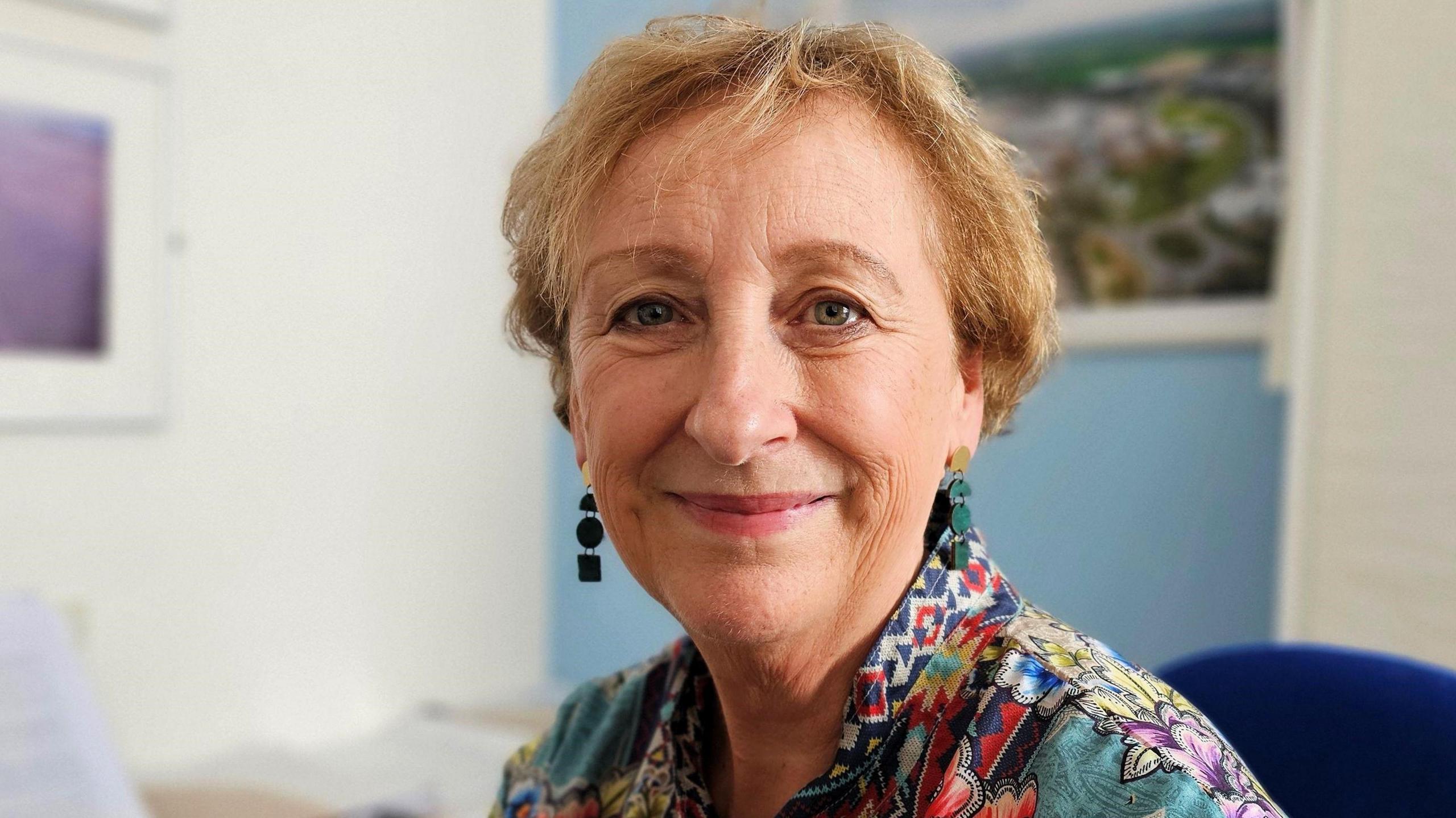
Chief executive, Prof Lesley Dwyer, said "difficult decisions" had to be made
Prof Dwyer said: "We are currently off target with our financial plan and have taken difficult decisions to improve our financial position over the remaining months of the financial year.
"The decisions we have taken look to ensure that we are maximising the value from our spending whilst not impacting on the quality of care we are delivering.
"In doing so, we have looked to reduce our spend on non-essential items, such as some items of stationery and limit the options available to purchase for these items where we are able to do so without compromising quality or safety."
Mr Passingham said: "The squeeze on NHS cash isn't just hitting stationery cupboards.
"Reductions in agency and bank spending mean there often aren't enough staff around.
"The N&N is having to assess whether patients can be treated in corridors as bed spaces are so scarce.
"It all adds up to serious pressures on the NHS that only real funding and investment in staff can solve."
Prof Dwyer, who took over as chief executive last year, said in September she was concerned the treatment of patients in corridors had become "normalised", adding it should only be used in "extraordinary circumstances".
A Department of Health and Social Care spokesperson said the government had "inherited a broken NHS" where corridor care had become normalised.
"Through our Plan for Change, external... we are investing £26 billion in the NHS and social care over the next two years, are vaccinating more people against flu than this time last year, and we ended the resident doctor strikes so staff are on the frontline during winter," they said.
"We have given clear guidance to the NHS to go back to basics and focus on the fundamentals, so patients are seen promptly in A&E, waiting times are cut, and more people get a GP appointment."
Get in touch
Do you have a story suggestion for Norfolk?
Follow Norfolk news on BBC Sounds, Facebook, external, Instagram, external and X, external.
Related topics
- Published4 December 2024

- Published29 November 2024
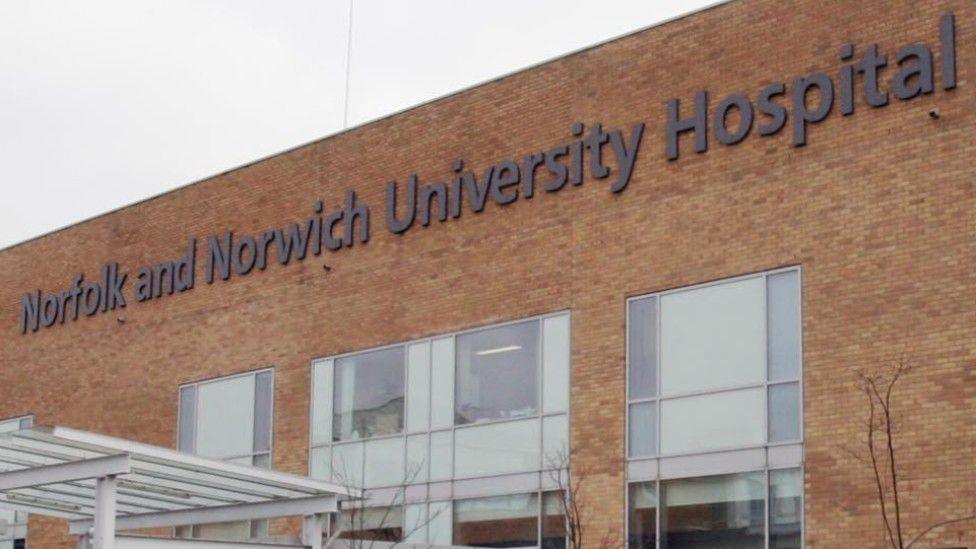
- Published14 October 2023
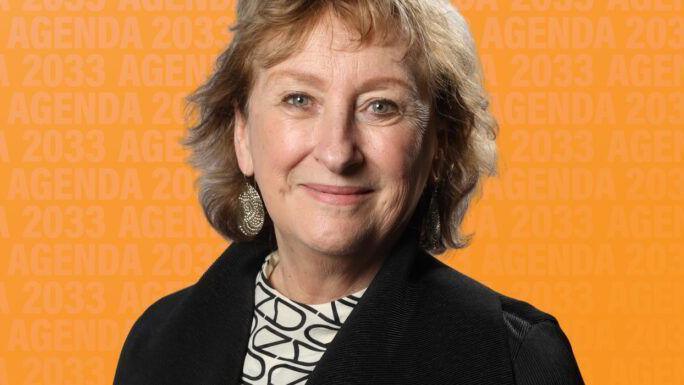
- Published10 September 2024
